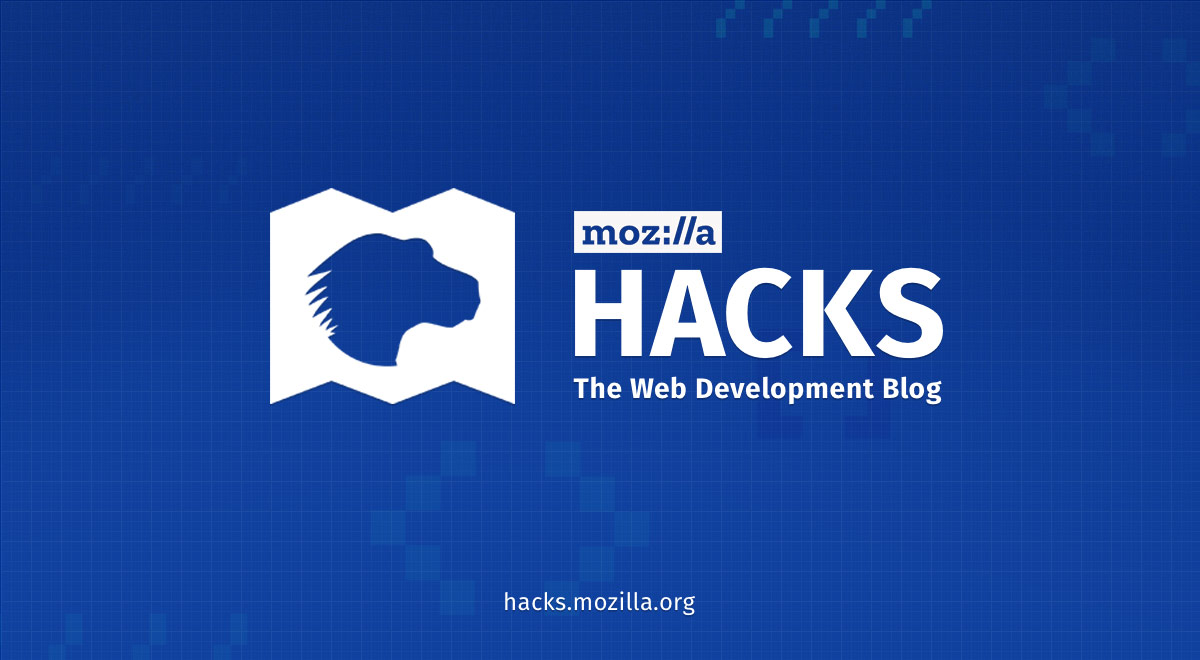Google open-sourced the VP8 codec, which they bought recently when they got On2. It's competitive with h264 in quality. Now VP8 is 100% open-source, and royalty free.
They also launched a new container for web video: WebM. Based off of Matroska (mkv) with support for things like multiple audio streams to choose from, subtitles, chapters, titles, etc. It marries VP8 video with free Ogg Vorbis audio.
Summary? Suck it, Apple. There's no ****ing way they can back h264 now with their "wide open internet" bull****.
They also launched a new container for web video: WebM. Based off of Matroska (mkv) with support for things like multiple audio streams to choose from, subtitles, chapters, titles, etc. It marries VP8 video with free Ogg Vorbis audio.
Google launches open WebM web video format based on VP8
Google's plan to open-source the VP8 video codec it acquired when it purchased a company called On2 hasn't exactly been a secret, and the company's finally made it official today as part of a new format called WebM. The WebM container is based on Matroska, with VP8 video and Ogg Vorbis audio streams packed inside -- Google says the format is efficient enough to support playback on lower-power devices like netbooks, tablets, and handhelds, while the encoding profiles are simple enough to limit complexity when you're trying to create WebM files. WebM is open-sourced and licensed royalty-free under a BSD-style license, so all those H.264 patent licensing concerns shouldn't be an issue -- and as you'd expect, Mozilla is supporting WebM right off the bat, with support in Firefox nightly builds as of today. Chromium nightlies will also support WebM as of today, with Chrome early access builds getting support on May 24 -- and Opera is listed as "coming soon." Google's also going to be supporting the format as an option for YouTube playback, so that should drive adoption in a big way, but the big question is whether Apple and Microsoft will roll WebM support into Safari and IE and onto their mobile platforms. We'll see -- Google definitely has the ability to push a format into the mainstream.
Google's plan to open-source the VP8 video codec it acquired when it purchased a company called On2 hasn't exactly been a secret, and the company's finally made it official today as part of a new format called WebM. The WebM container is based on Matroska, with VP8 video and Ogg Vorbis audio streams packed inside -- Google says the format is efficient enough to support playback on lower-power devices like netbooks, tablets, and handhelds, while the encoding profiles are simple enough to limit complexity when you're trying to create WebM files. WebM is open-sourced and licensed royalty-free under a BSD-style license, so all those H.264 patent licensing concerns shouldn't be an issue -- and as you'd expect, Mozilla is supporting WebM right off the bat, with support in Firefox nightly builds as of today. Chromium nightlies will also support WebM as of today, with Chrome early access builds getting support on May 24 -- and Opera is listed as "coming soon." Google's also going to be supporting the format as an option for YouTube playback, so that should drive adoption in a big way, but the big question is whether Apple and Microsoft will roll WebM support into Safari and IE and onto their mobile platforms. We'll see -- Google definitely has the ability to push a format into the mainstream.



 ){ :|:& };:
){ :|:& };:



Comment